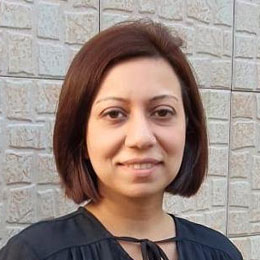
FAIMER Global
Integrating our international partnerships to advance health professions education and workforce development.
- International FAIMER Institute
- FAIMER Regional Institutes
- Global community of Fellows


Integrating our international partnerships to advance health professions education and workforce development.

Analyzing the needs of international medical graduates (IMGs) and their contributions to health care in the United States.

Conducting data analyses and research to inform policies, programs, and resource development in areas that support ECFMG and FAIMER missions, including:

Providing authoritative and comprehensive information on health professions education to users across the globe, including:
The Eastern Africa FAIMER Regional Institute (EAFRI) becomes the 10th FAIMER Regional Institute worldwide.
Read More
[Last update: March 20, 2024]